UPSC Test Important Questions
Education Desk
General Knowledge Information
Sandeep Dhand Journalist
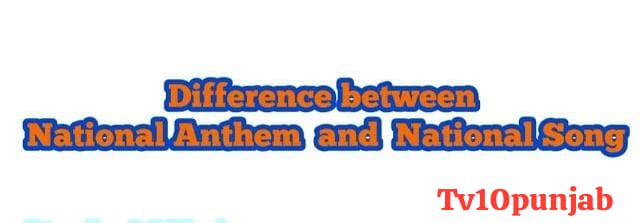
India is a diverse country with a rich cultural heritage, and its National Anthem and National Song reflect its unity, history, and pride. While both hold immense significance, they serve different purposes and symbolize different aspects of the nation.
National Anthem: Jana Gana Mana
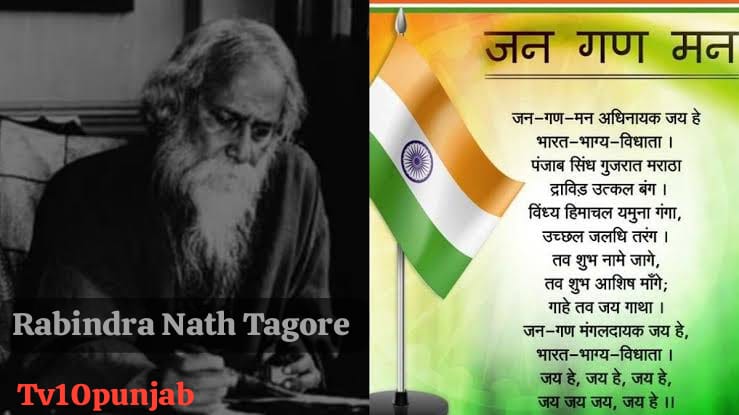
Who Wrote It?
The National Anthem, Jana Gana Mana, was written by Rabindranath Tagore, a Nobel laureate in literature.
When Was It Adopted?
It was officially adopted on January 24, 1950, just two days before India became a republic.
What Does It Represent?
The anthem highlights India’s unity in diversity, praising the country’s vast landscapes, cultures, and heritage. It celebrates India as a sovereign nation and honors its citizens.
How Long Does It Take to Sing?
The full version of the National Anthem takes around 52 seconds to sing.
Key Facts
The anthem was originally written in Bengali.
Only the first stanza of the song is recognized as the National Anthem.
It is sung during official events, flag hoisting ceremonies, and at schools to foster patriotism.
National Song: Vande Mataram
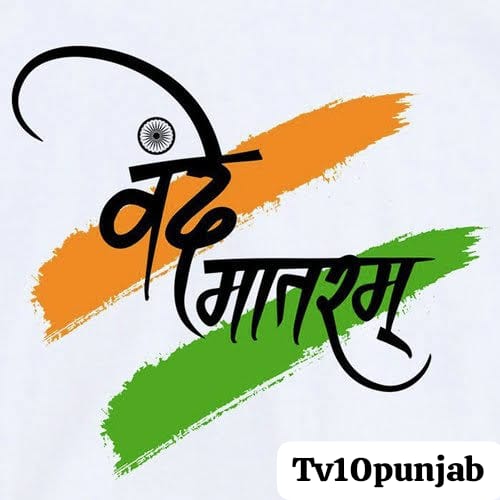
Who Wrote It?
The National Song, Vande Mataram, was written by Bankim Chandra Chatterjee. It is part of his novel Anandamath, published in 1882.
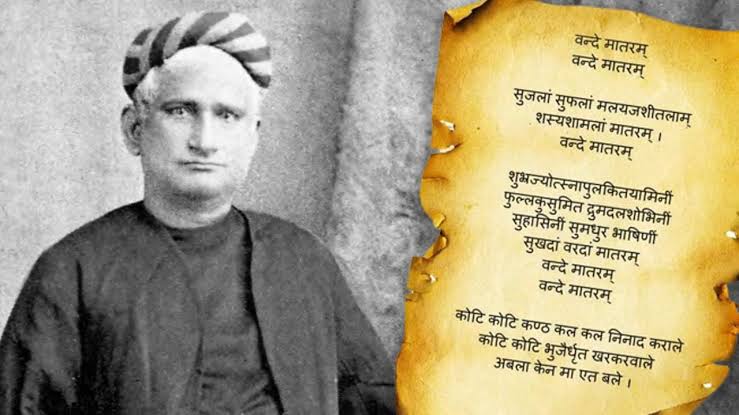
When Was It Adopted?
It was declared the National Song in 1937 during the Indian independence movement.
What Does It Represent?
The song praises the motherland, portraying it as a divine figure. It symbolizes freedom, strength, and devotion to India.
How Is It Used?
Vande Mataram served as a war cry during India’s struggle for independence. It continues to evoke feelings of patriotism and respect for the nation.
Key Facts
The song was originally composed in Sanskrit and Bengali.
The first two stanzas of the song are considered official.
It is widely used in cultural events and patriotic celebrations.
Differences Between National Anthem and National Song
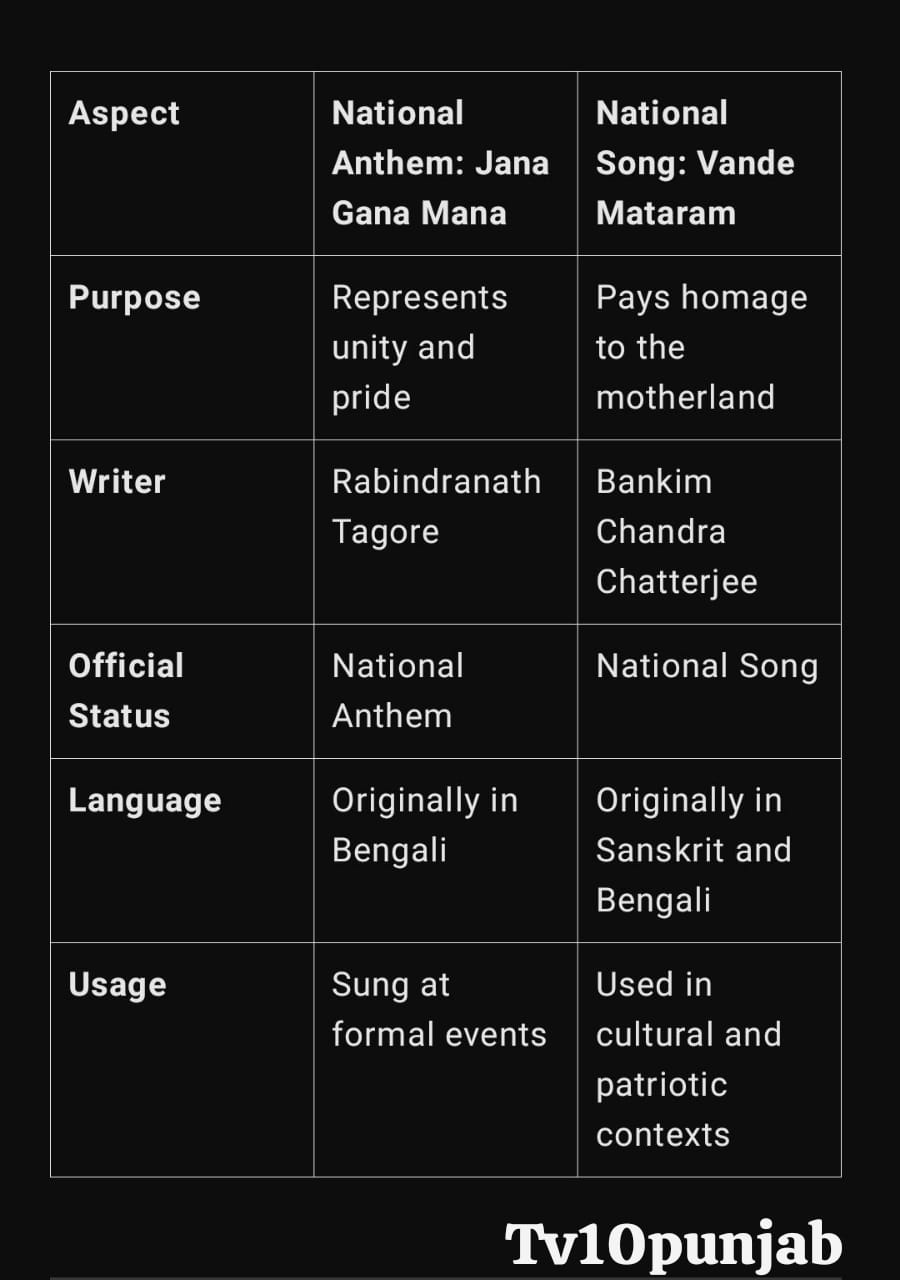
Significance of Both
Jana Gana Mana is a symbol of India’s unity in diversity. It brings together people from all backgrounds to honor their country.
Vande Mataram inspires feelings of devotion and gratitude toward the motherland, celebrating its beauty and strength.
Conclusion
Both the National Anthem and National Song are integral to India’s identity. While they differ in their purposes, they are equally important in fostering patriotism and pride among Indians. Together, they remind us of our rich history and the values that unite us as a nation.
